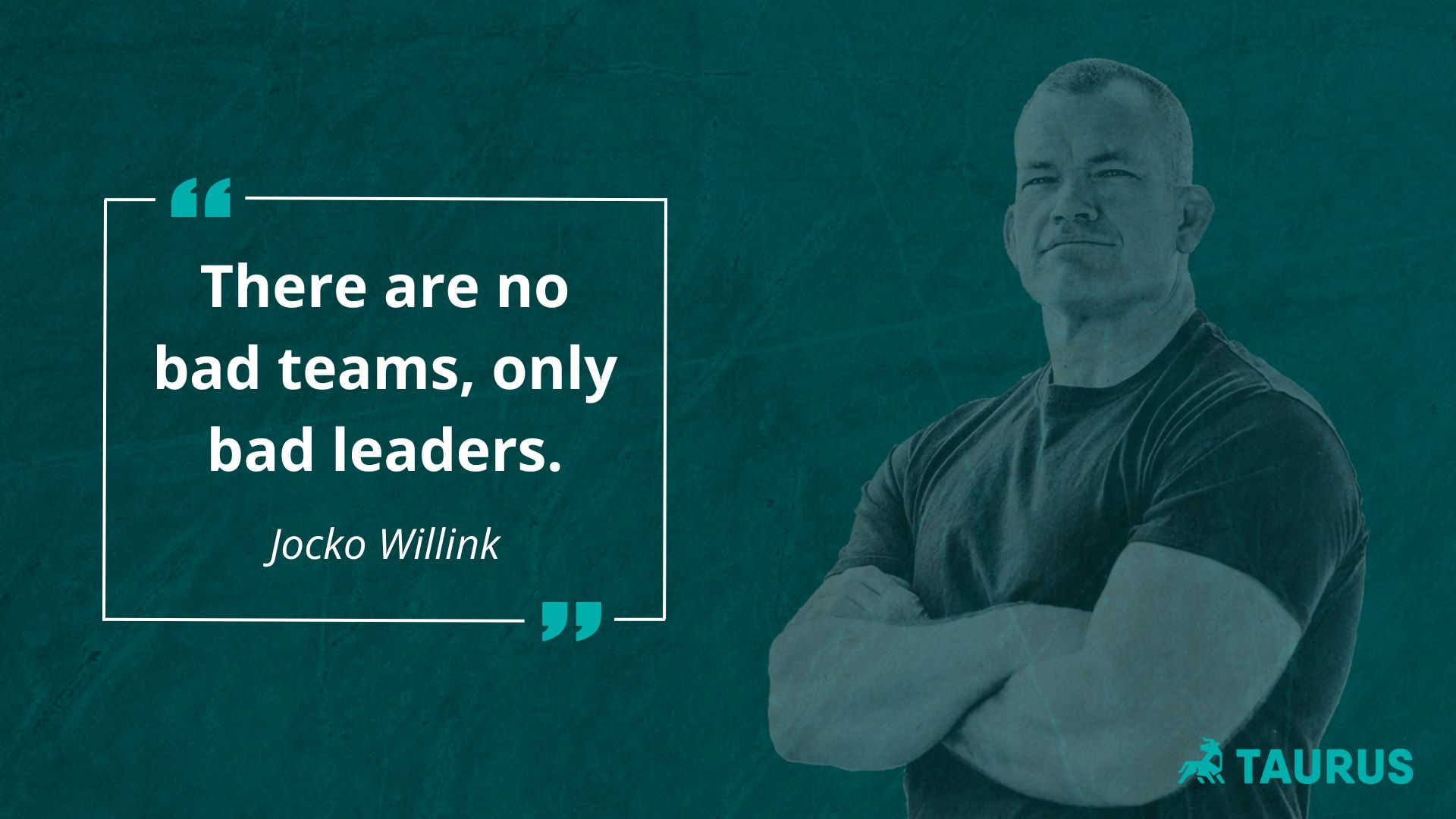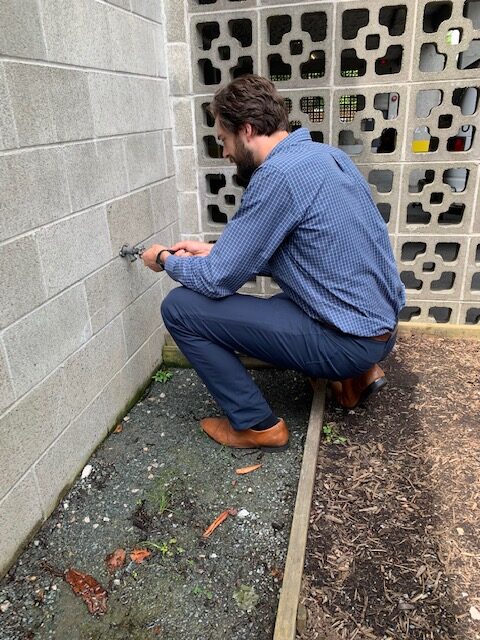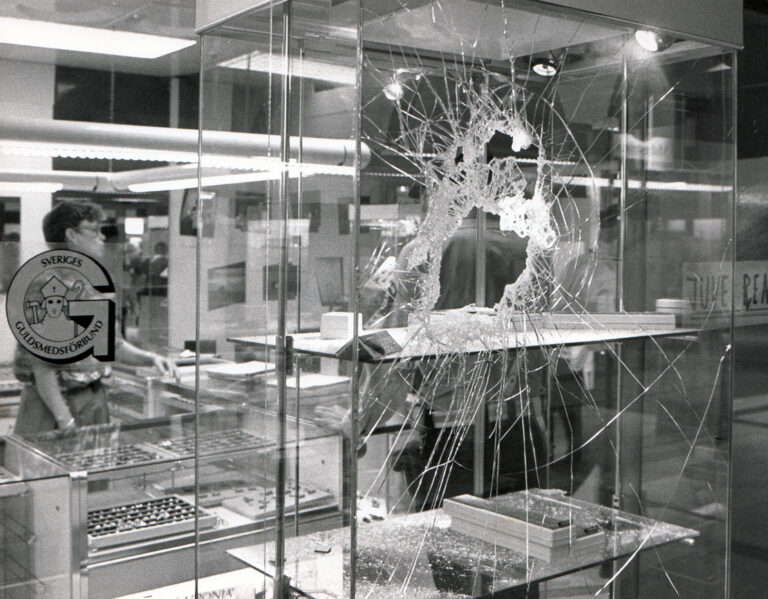You are in a championship game; it’s over-time and sudden death. The referee makes a bad call leading to a penalty shot; you lose. You have a choice:
1. Blame the ref.
2. Take ownership.
Our problem as humans, as teams, and as organizations is that we most often take route #1; we love it; we’re addicted to it.
This is why the Serenity Prayer, shared at the end of every Alcoholics Anonymous meeting applies to us all:
“God, grant me the serenity to accept the things I cannot change, the courage to change the things I can, and the wisdom to know the difference.”
The wisdom to understand that you do not have control over the actions of the ref.
The courage to take ownership over the things you do have control over, and to work on them.
The serenity to accept the facts and to learn from the loss.
Wisdom, courage, and serenity is fundamentally an Extreme Ownership concept.
The esteemed ex-Navy SEAL officer Jocko Willink wrote a book on the subject and says “”There are no bad teams, only bad leaders.” This quote highlights the idea that as a leader, it is important to take full responsibility for the performance and outcomes of your team. Rather than blaming your team members for their mistakes, you must take ownership of their shortcomings and work with them to improve. By doing so, you can create a culture of accountability and ownership that ultimately leads to better outcomes for everyone involved.
Extreme Ownership is “a mindset, an attitude, a way of life.” It means taking complete responsibility for everything in your sphere of influence, both good and bad. Extreme Ownership requires individuals to avoid blaming others or making excuses, and instead to take ownership of the situation, learn from it, and make changes to ensure a better outcome in the future.
We might not all go to AA meetings, but we are all addicts; let us be addicted to taking responsibility, taking action, and finding peace.
Thinking time:
- Why is extreme ownership so hard for people?
- What would it do for a company’s culture if everyone practiced extreme ownership?
- What would it look like for your career if you did?
- Name a circumstance where something went wrong or not as planned in your work environment. What would it look like to take extreme ownership of the situation?




